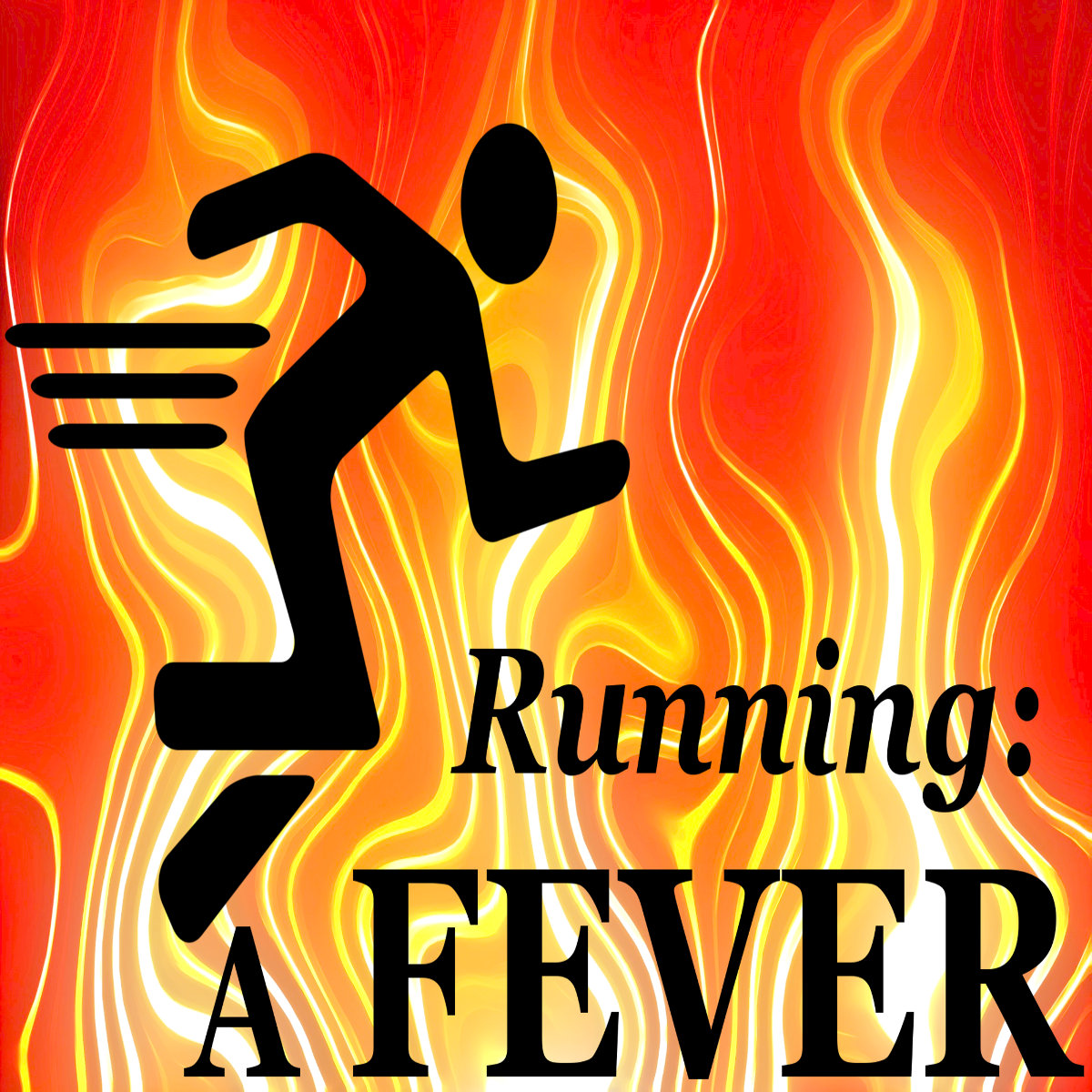This is the sixth and final episode in a series on brain chemicals which started with Episode 139 (http://RunningAFEVER.com/139). See episode 139 for an overview of these chemicals based on Simon Sinek’s speech “Why Leaders Eat Last”.
Cortisol is known as the stress hormone. It is the first stage of ‘fight or flight’ process. It gives us emergency energy, but to get it, shuts down some things like growth and the immune system. It inhibits release of oxytocin, which makes us self-interested and less interested in social bonding.
It’s also tied to belly fat because of its association with metabolism, which we’ll discuss later.
Cortisol is called a steroid, though WebMD actually uses it in the definition of steroid, referring to steroids as synthetic drugs. And points out that corticosteroids are different from the male hormone-related steroid compounds that some athletes use.
Here’s how the mechanism works:
1. We face something stressful.
2. Our adrenal glands secrete cortisol.
3. Cortisol triggers the release of glucose into the bloodstream to fuel muscles for immediate action.
4. Cortisol inhibits insulin production to prevent glucose from being stored so it is available for immediate use.
5. Cortisol constricts arteries increasing the speed of blood flow.
6. We recover fromt he stress.
7. Cortisol levels return to normal.
Stress is not the only thing cortisol affects, because almost all cells have cortisol receptors. It also:
1. Controls blood sugar levels/metabolism.
2. Reduces inflammation.
3. Influences memory function.
4. Controls salt and water balance.
5. Influences blood pressure.
6. Helps with fetal development.
7. Triggers birth processes.
From a diet perspective, cortisol is very important because in decides which and how much of the macronutrients is needed (fat, carbs, protein).
There is a theory that many of us are constantly overproducing cortisol as a result of our fast-paced lifestyle. And a very good article in Today’s Dietician that I will link to that outlines dangers of elevated cortisol and some ways to combat it, including managing stress and eating an anti-inflammatory diet.
As always these episodes are designed not to figure out how to manipulate our bodies using articial means, but to help us understand how our bodies work in an effort to live healthier, happier, more active lives right up to the end.
Today’s Dietician
https://www.todaysdietitian.com/newarchives/111609p38.shtml
You and Your Hormones
http://www.yourhormones.info/hormones/cortisol/
WebMD
https://www.webmd.com/arthritis/qa/what-are-steroids
Simon Sinek Speech
https://www.youtube.com/watch?v=lmyZMtPVodo
Simon Sinek Book
https://amzn.to/2WqCsWT
